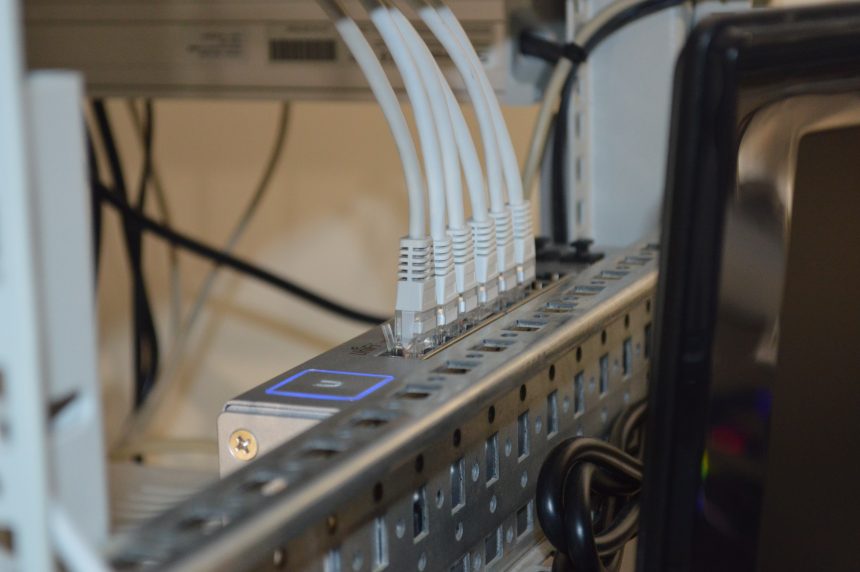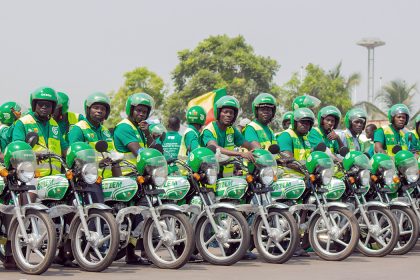Countries in Africa experienced over 190 internet shutdowns between 2016 and 2024, new research reveals today.
The number of internet shutdowns across the continent has been on an upward trend since 2016, rising from a total of 14 in 2016 to 28 in 2024.
By the numbers:
- 190+ shutdowns recorded in 41 African countries since 2016.
- Ethiopia leads with 30 shutdowns, followed by Sudan (21) and Algeria (14).
- Shutdowns grew from 14 in 2016 to 28 in 2024, according to research from the African Digital Rights Network, featured in the new book Internet Shutdowns in Africa.
Why it matters
Internet shutdowns disrupt millions of lives, cutting access to communication, education, health services, and political participation.
Researchers warn that governments are increasingly weaponizing blackouts to suppress dissent and entrench authoritarian power.
The big picture
- Governments typically order shutdowns, with internet service providers carrying them out.
- They are most often deployed during protests, elections, or conflicts, drawing criticism for violating human rights and harming economies.
- In Ethiopia, shutdowns became a key tactic during the Tigray conflict, leaving millions cut off.
- In Sudan, blackouts were imposed during mass protests and political uprisings.
What they’re saying
- “Each internet shutdown violates human rights and damages the economy. As internet becomes a medium for people to increasingly communicate, study and work online, these shutdowns necessarily violate citizens’ right to work and their freedom of expression, association and participation. It should worry us that regimes are imposing these digital authoritarian practices with increasing frequency and with impunity,” said Tony Roberts of the Institute of Development Studies, co-editor of the book.
- “Across Africa, governments are normalising the use of internet shutdowns to suppress dissent, quell protests, and manipulate electoral outcomes. These blackouts are growing in scale and frequency, with devastating consequences for rights and lives, in an ever-more digitally connected world,” added Felicia Anthonio, a global expert on internet shutdowns.
The bottom line
Rights groups are calling on African governments, telecoms, and regional institutions to stop internet blackouts during protests and elections, warning that the growing trend threatens freedom of expression, political participation, and economic stability.










